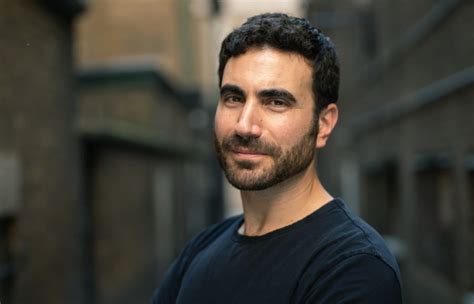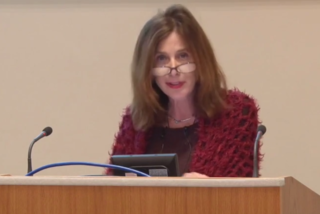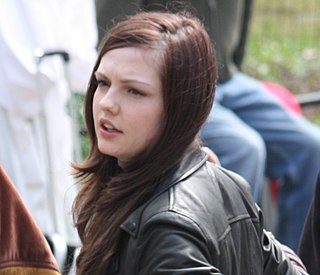A Quote by Jodie Foster
I had a prodigious life, living in a grown-up world when I was a child. But I think my abilities were about perceptiveness, and they were about examining psychology and examining people and relationships.
Related Quotes
Sometimes people have sympathized with me because long years of my life were spent in jail and in exile. Well, those years ... were a mixed experience. I hated them because they separated me from the dearest thing in the world-the struggle of my people for rebirth. At the same time, they were a blessing because I had what is so rare in this world-the opportunity of thinking about basic issues, the opportunity of examining afresh the beliefs I held.
Will Bridges, who is the co-creator with me, when we were working on 'SuperBob,' we were just talking about how we like to write about relationships. And we were talking about what love is. We were in very different stages; he was married and was about to have his first child, and I was kind of dating the wrong people.
I was a young feminist in the '70s. Feminism saved my life. It gave me a life. But I saw how so much of what people were saying was not matching up with what they were doing. For example, we were talking about sister solidarity, and women were putting each other down. We were talking about standing up for our rights, and women weren't leaving abusive relationships with men. There were just so many disconnects.
A lot of times when I ask people what their apocalyptic fantasy life is like, they'll immediately say something like, "Oh, what I think is going to kill us is climate change or World War IV," and that's not what I'm interested in at all. The point is not about winning a bet about what's going to happen. The point is about the human action of examining the possibility, the kind of obsessive imagining about it.
Remus Lupin was supposed to be on the H.I.V. metaphor. It was someone who had been infected young, who suffered stigma, who had a fear of infecting others, who was terrified he would pass on his condition to his son. And it was a way of examining prejudice, unwarranted prejudice towards a group of people. And also, examining why people might become embittered when they're treated that unfairly.
I didn't want the lyrics to be about specific things in my life, I wanted them to be about generalised experiences I'd had. So when I'm writing about relationships or somebody leaving you or something, a lot of lyrics are partly about failed relationships I'd had, but they were also about my Dad, and being abandoned as a kid.
I think all writing is about writing. All writing is a way of going out and exploring the world, of examining the way we live, and therefore any words you put down on the page about life will, at some level, also be words about words. It's still amazing, though, how many poems can be read as being analogous to the act of writing a poem. "Go to hell, go into detail, go for the throat" is certainly about writing, but it's also hopefully about a way of living.
In my terms, I settled for the realities of life, and submitted to its necessities: if this, then that, and so the years passed. In Adrian's terms, I gave up on life, gave up on examining it, took it as it came. And so, for the first time, I began to feel a more general remorse - a feeling somewhere between self-pity and self-hatred - about my whole life. All of it. I had lost the friends of my youth. I had lost the love of my wife. I had abandoned the ambitions I had entertained. I had wanted life not to bother me too much, and had succeeded - and how pitiful that was.




































